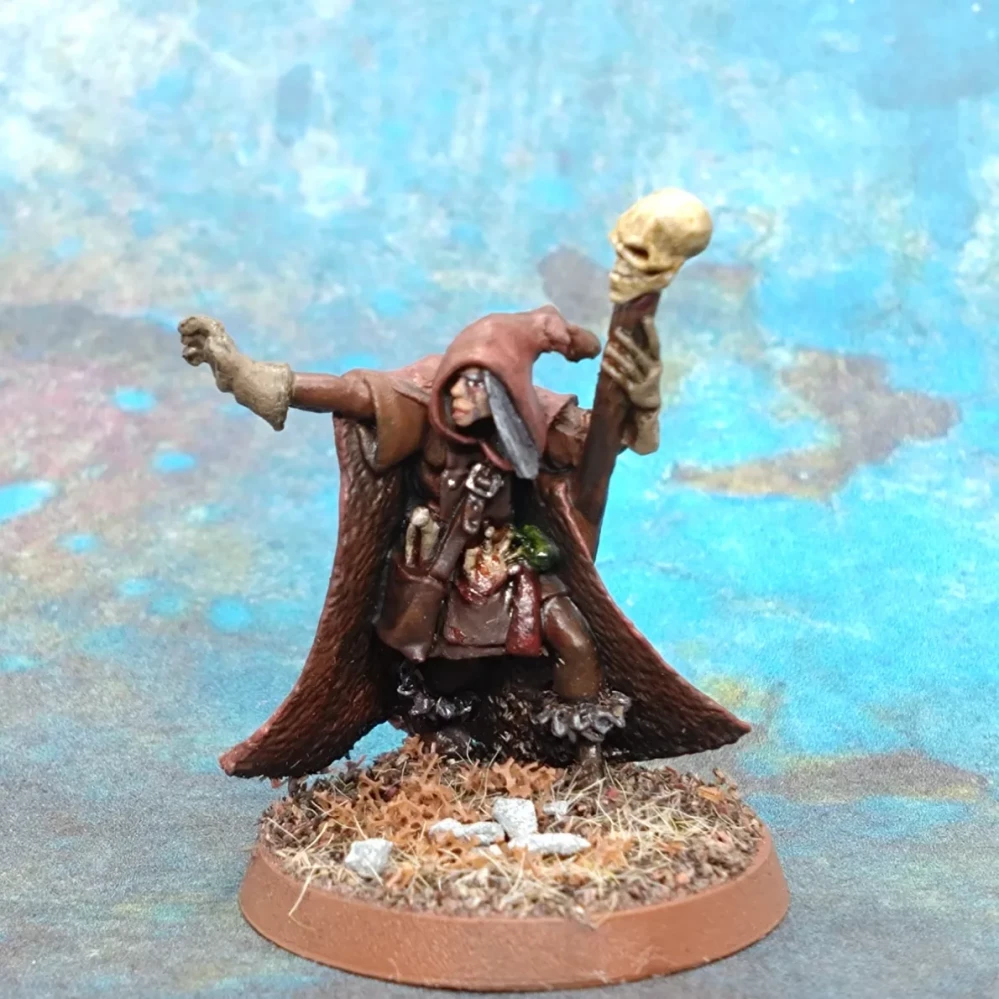
The Silver Bayonet - The Carpathians Castle Fier
Hauptmann Laszlo Horváth
“The Mad Mangyar” was an ironic nickname that the captain had been given by his men when he was in regular army life. He was too level headed, conscientious and well soldiered to be considered mad. It was a comment on his mellow demeanour in a crisis rather and a suggestion that he was unhinged.
Once Laszlo was drafted into “The Black Eagles” monster hunting unit he saw that the nickname was stamped out because the ironic fun origins of the nickname could all too easily be used as an insult and undermine his authority in such a small group of hardened fighters. Unbeknownst to his men he had always felt a sting in the nickname because his father had been considered crazed in his later years. The family name had been tarnished by his father being part of the debacle that was The Battle of Karánsebes years before, an embarrassing tragedy that stained the army’s reputation even decades later. Laszlo was surpassing his father’s rank and was out from the shadow of his father’s “mistakes”, but the nickname had to go.
His Father had warned him about taking command in the army. That blame and ridicule was just as likely as glory and heroism in an ungrateful Imperial and Royal army. Laszlo was committed to joining up and was sad to say that he grew less and less close to his father as they got older. Signs of senility had crept in and stories of why huge numbers of Austrians came to battle one another at The Battle of Karánsebes grew more supernatural and bizarre. The battle was at nightfall in 1788 long before anyone thought that the Harvestman menace had begun their rousing of the occult and undead. His Father spoke of drunkenness and ill-discipline as the major factor of the huge friendly fire escalation that caused hundreds, maybe even thousands, of causalities. But as he got older, the stories changed to ones of manipulation by an unknown menace in the fading light. And on the last telling his Father openly said that their were werewolves and undead tortured soldiers in the dark that were there and then gone again. Slashing and biting at one flank and then gone again. And the men opened fire into their comrades ranks out of fear and defence against the frightening menace that seemed to surround them.
Laszlo’s father had died last winter and now he regretted thinking his father was mad, because the very reason he was in The Black Eagles was to fight the occult that he had dismissed as senility in the ramblings of his father’s dotage. Perhaps an old man scrambling for excuses for his actions at The Battle of Karánsebes, or perhaps one of the early victims of the Harvestmen? He would never know.
Hauptmann Laszlo Horváth will be remembered far more favourably and proudly by his family in the years to come than his father would be. Just due to his feats of heroism and senior rank already achieved. He reflects that every encounter with the supernatural evil that he hunts brings him closer to his father somehow. Every sighting of a werewolf or zombie makes his father less mad and more a trumatised hero. Less a fool and more a victim.
He carries his father’s sword into battle again tonight in defence of his nation and his good name.



































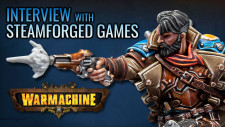
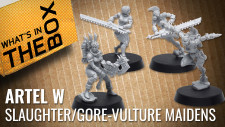




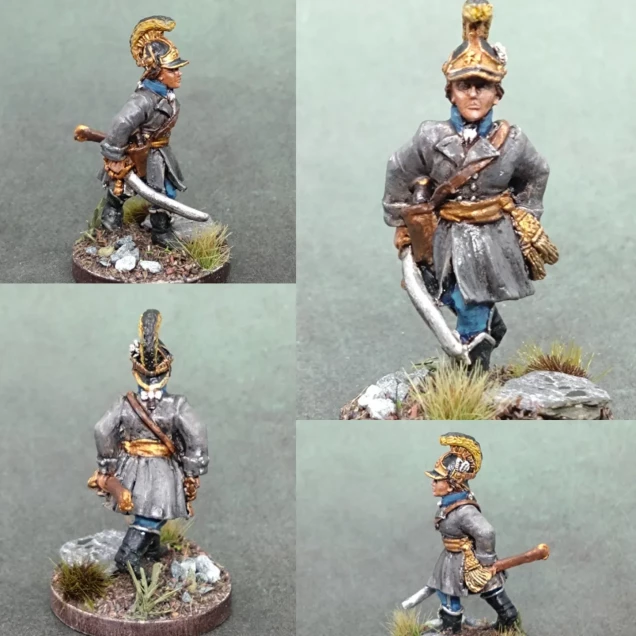
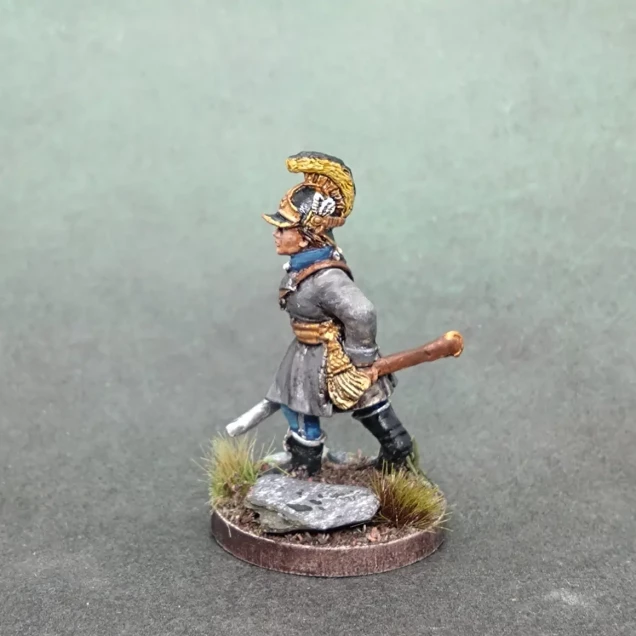

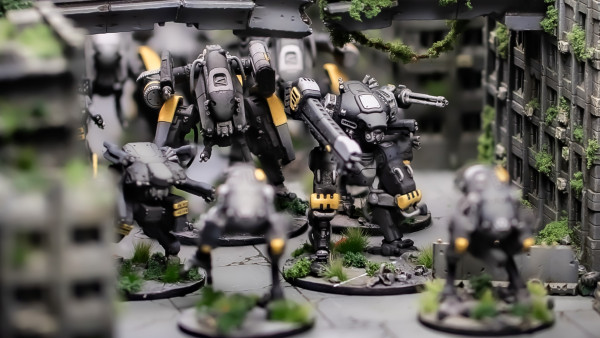
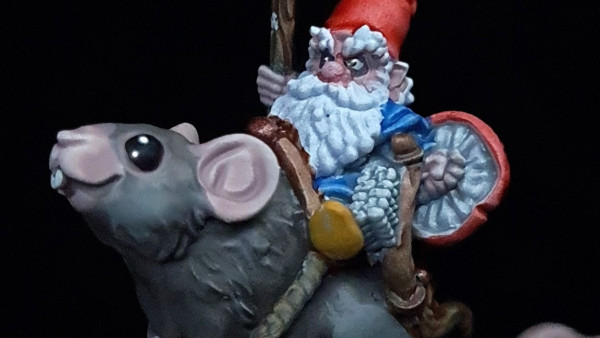
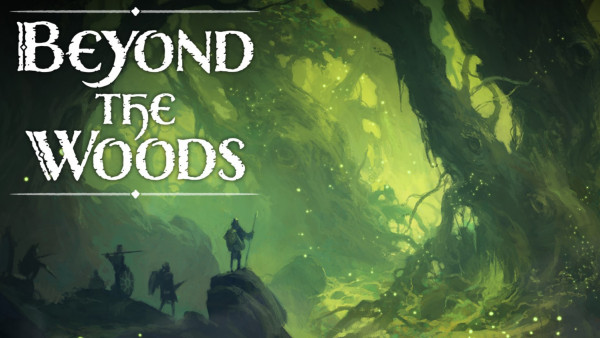
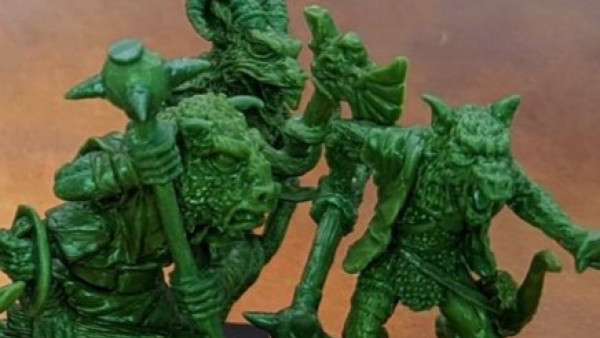
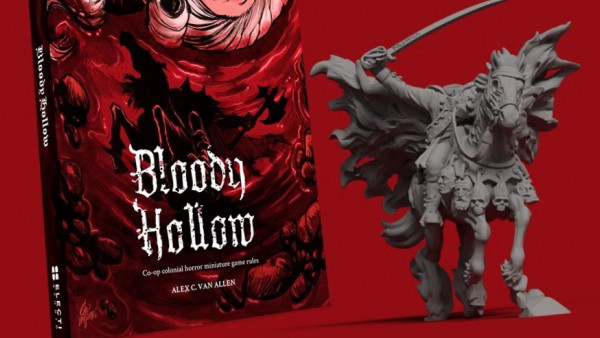
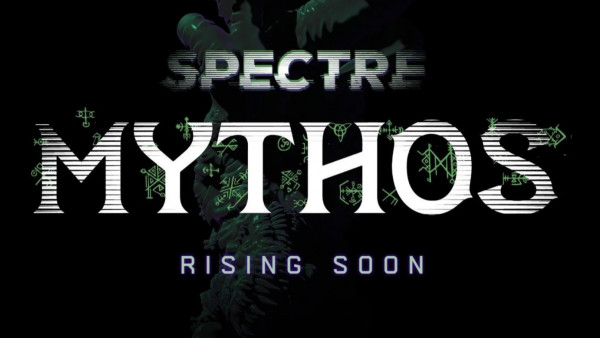
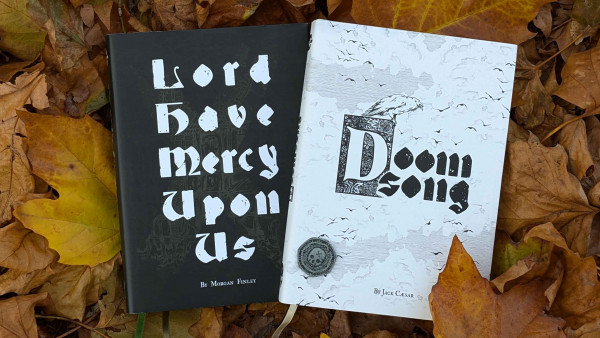

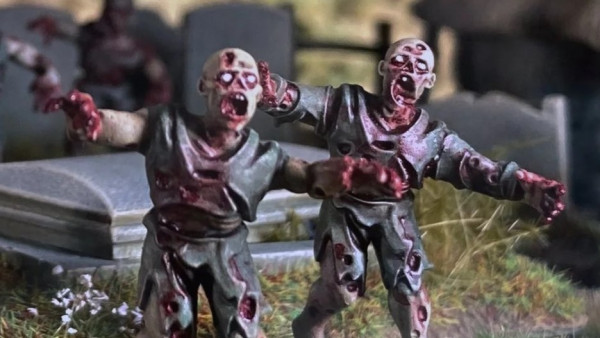
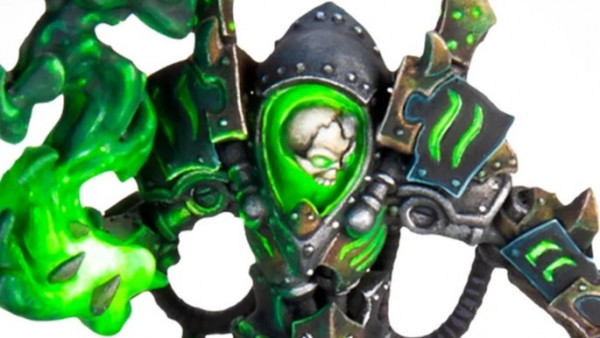
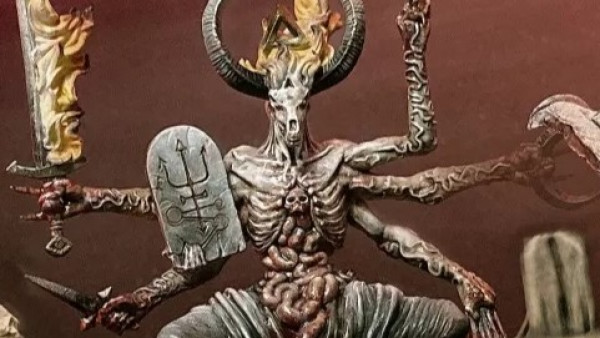
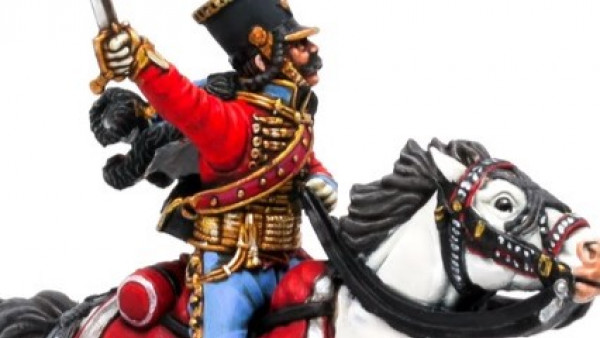
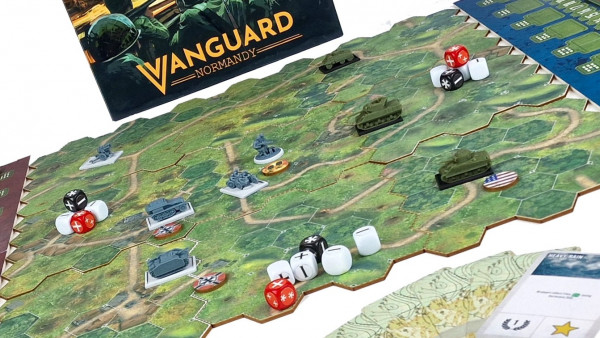
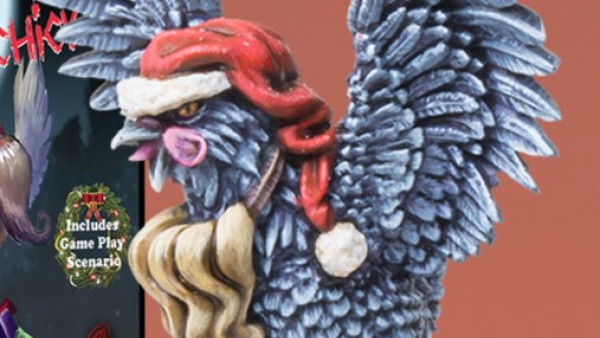
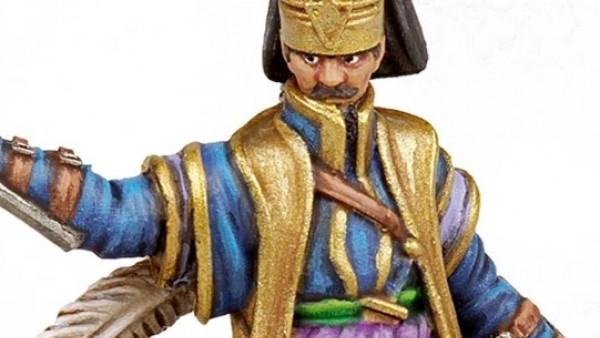
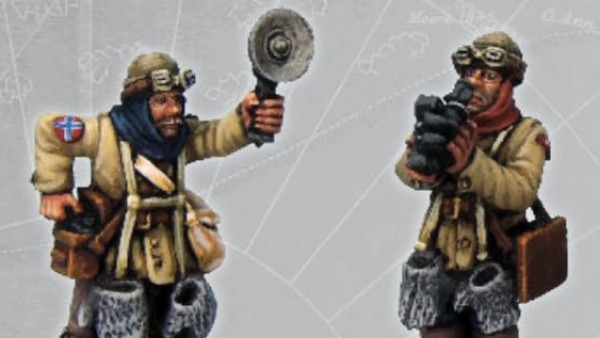
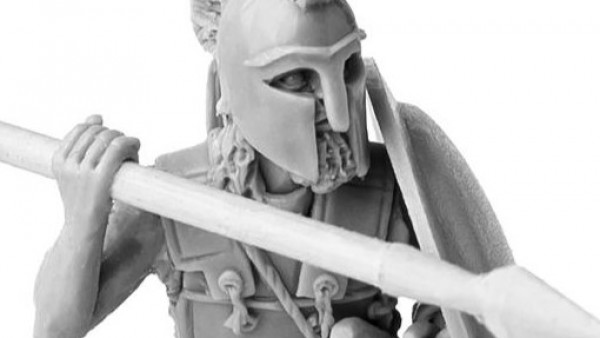

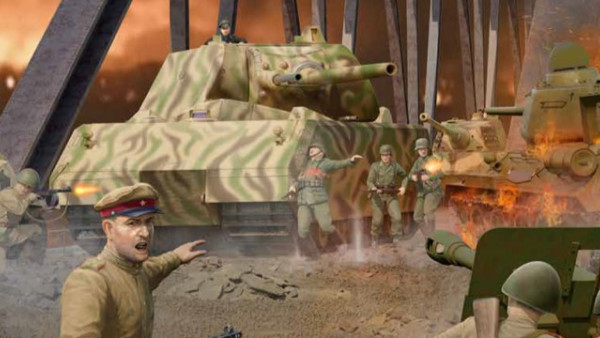
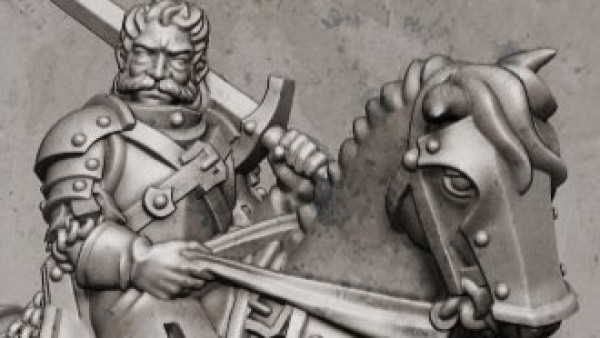

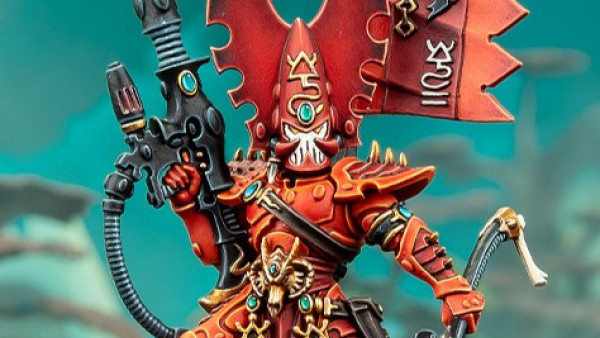
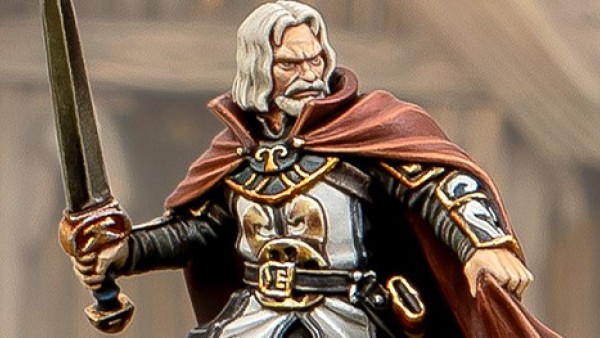
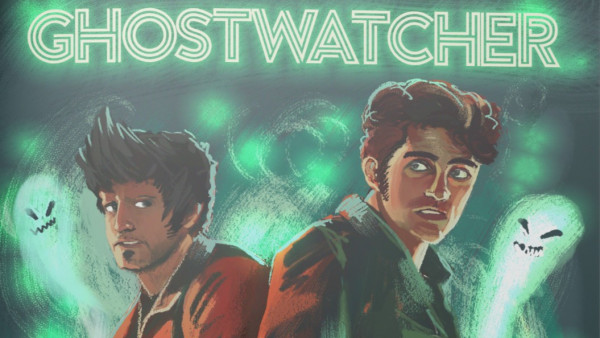

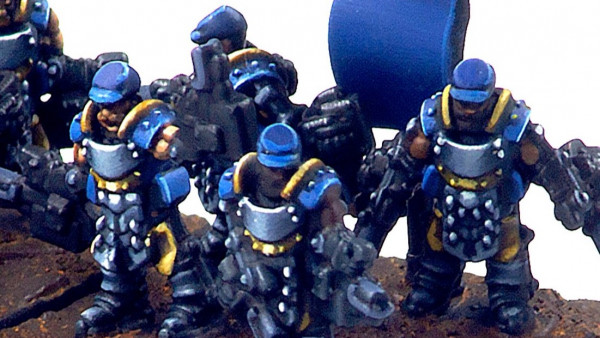


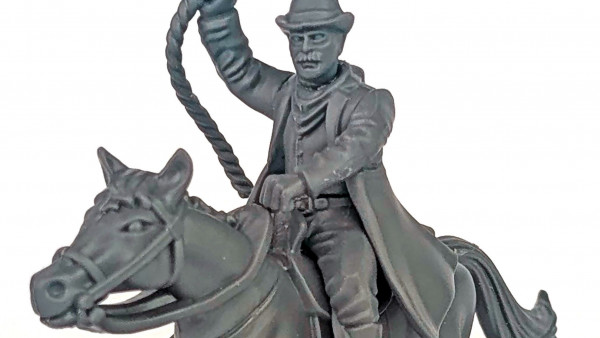
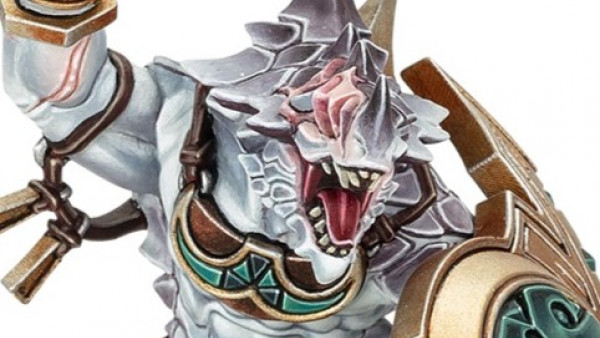
Leave a Reply